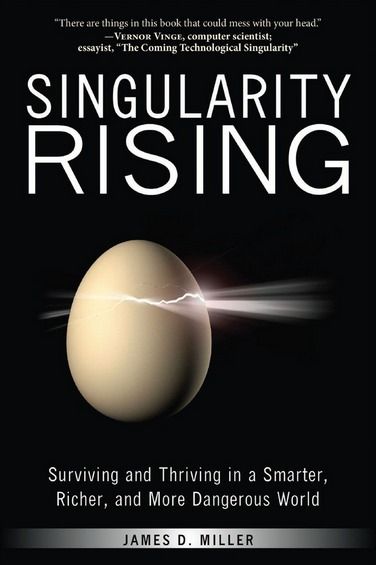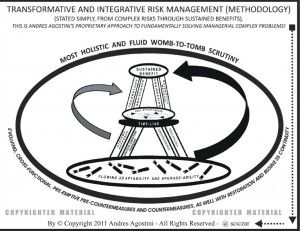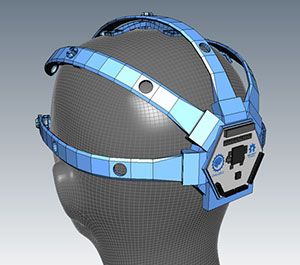Jan 17, 2014
A Techno-Ramadan Proposal
Posted by B.J. Murphy in categories: education, philosophy, posthumanism
I don’t consider myself as someone with nostalgia for the past. Certainly the past is fascinating and worth studying – historically, archaeologically, astronomically, etc. – but I don’t consider it worth pursuing again, all while abandoning everything we’ve achieved thus far. I reach to the stars, though keep a distant memory of what I’ve learned in the past.
One of my fears, however, as we continue journeying into the exponentially brightening light of the future, is that we – as a global, interconnected community – lose sight of the reasoning why we’ve taken up the future rather than the past. I advocate abandoning neither the future, nor the past. Reason being because the past plays an important role in shaping our future. We lose sight of the past, we may just lose sight of our present and future.
While I fear I may be at err for quoting such a dooms-dayer publication, George Orwell’s famous book Nineteen Eighty Four teaches the lesson, “He who controls the past controls the future. He who controls the present controls the past.” Orwell is the last person I’d prefer learning lessons from, but in this respect he’s correct.

 James D. Miller’s Singularity Rising is an interesting starter book for proto-transhumanists and will be a must have book for all transhumanists interested in rational and scientific approaches to transhumanism. Along with
James D. Miller’s Singularity Rising is an interesting starter book for proto-transhumanists and will be a must have book for all transhumanists interested in rational and scientific approaches to transhumanism. Along with 


 The phrase “
The phrase “

 When a group of cryptographers launched Zerocoin last year, they hoped their cryptography project could upgrade Bitcoin to be as anonymous as its most privacy-focused users have always wanted it to be. Now, after six months of waiting in vain for their code to be adopted by the Bitcoin community, they’re taking a bolder approach: Creating their own cryptocurrency, with privacy baked in from the start.
When a group of cryptographers launched Zerocoin last year, they hoped their cryptography project could upgrade Bitcoin to be as anonymous as its most privacy-focused users have always wanted it to be. Now, after six months of waiting in vain for their code to be adopted by the Bitcoin community, they’re taking a bolder approach: Creating their own cryptocurrency, with privacy baked in from the start.







